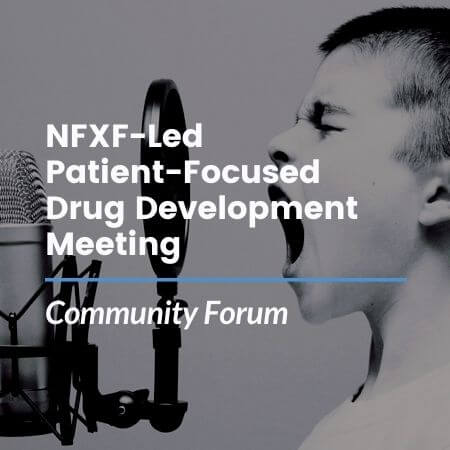By Hilary Rosselot
Healx Presents During the 2022 Industry Updates Keynote at the 18th International Fragile X Conference
Wayne Chadwick, a Principal Pharmacologist at Healx Ltd., presented about the IMPACT-FXS trial during the Industry Updates keynote session at the 18th International Fragile X Conference.
IMPACT-FXS is a Phase 2 trial targeting multiple pathways associated with Fragile X to maximize the number of behaviors treated in individuals with Fragile X syndrome.
Wayne shared more about Healx, their novel AI approach to finding treatments, and their Phase 2 trial. Learn more about Healx and the IMPACT-FXS trial by watching their 2022 Industry Updates presentation or vising their MyFXResearch post.
about

Hilary Rosselot
Hilary joined the NFXF team in 2019. Prior to joining the NFXF team, she worked at the Cincinnati Fragile X Research and Treatment Center for over five years. She has experience as a clinical research coordinator across many types of clinical trials and served as the clinical research manager for the Cincinnati program. She earned a bachelor’s degree in psychology, a master’s, and is a SOCRA certified clinical research professional (CCRP). She enjoys time with family and friends, a great book, a strong cup of coffee and, of course, a good laugh!
learn more
PFDD Meeting Community Forum
The Patient-Focused Drug Development (PFDD) meeting on Fragile X syndrome is just around the corner! We need caregivers and self-advocates to participate to make this a valuable meeting. This will help you understand what to expect and what the goal is and how to share your story.
Cortical Gyrification and Its Relationships With Molecular Measures and Cognition in Children With the FMR1 Premutation
Jun Yi Wang and the study team out of the UC Davis MIND Institute are interested in learning more about the premutation carrier condition in relations to brain development and its impact on cognition. These mental processes impact the higher-level functions of the brain including language, learning new things, and making decisions.



